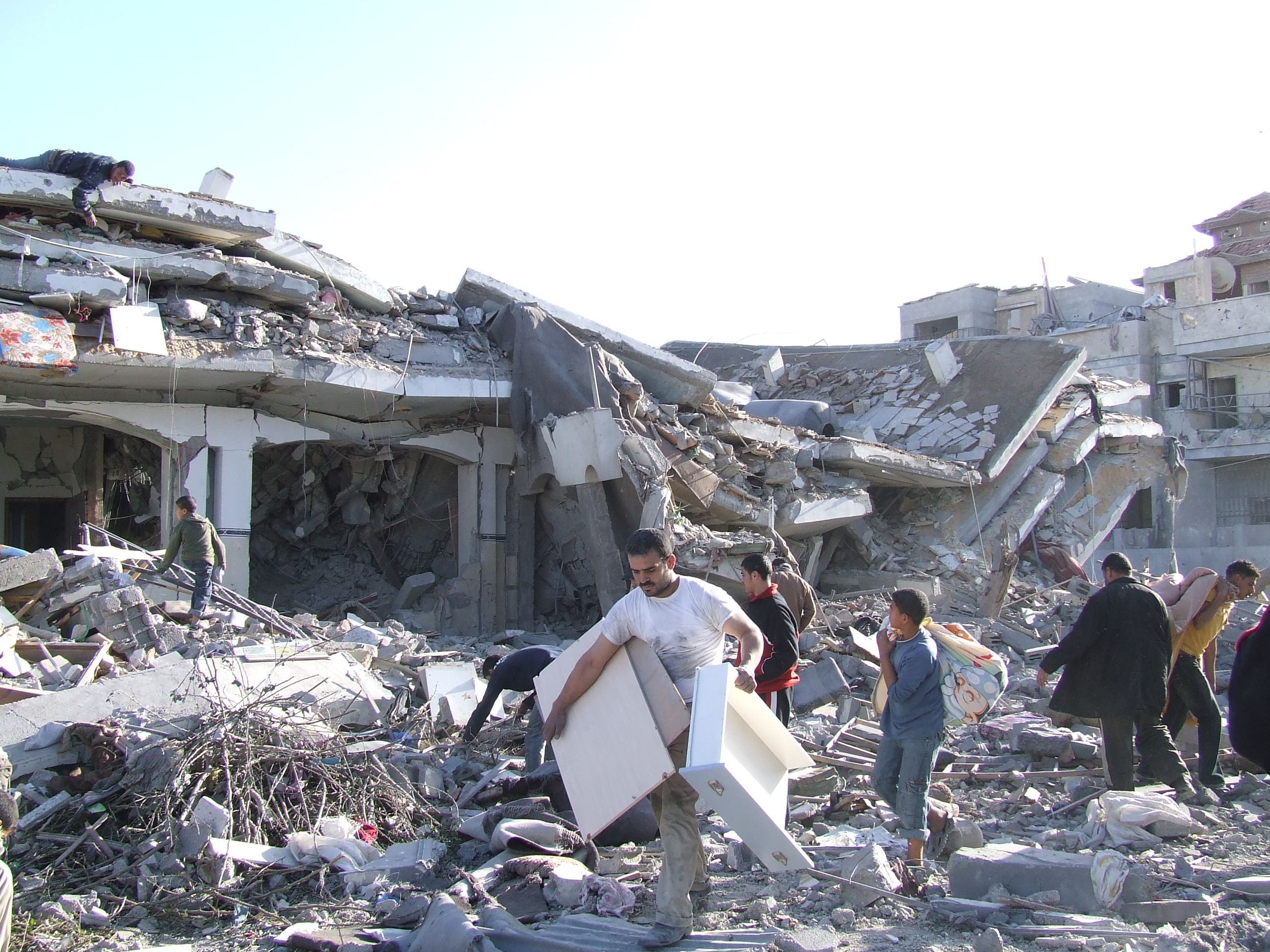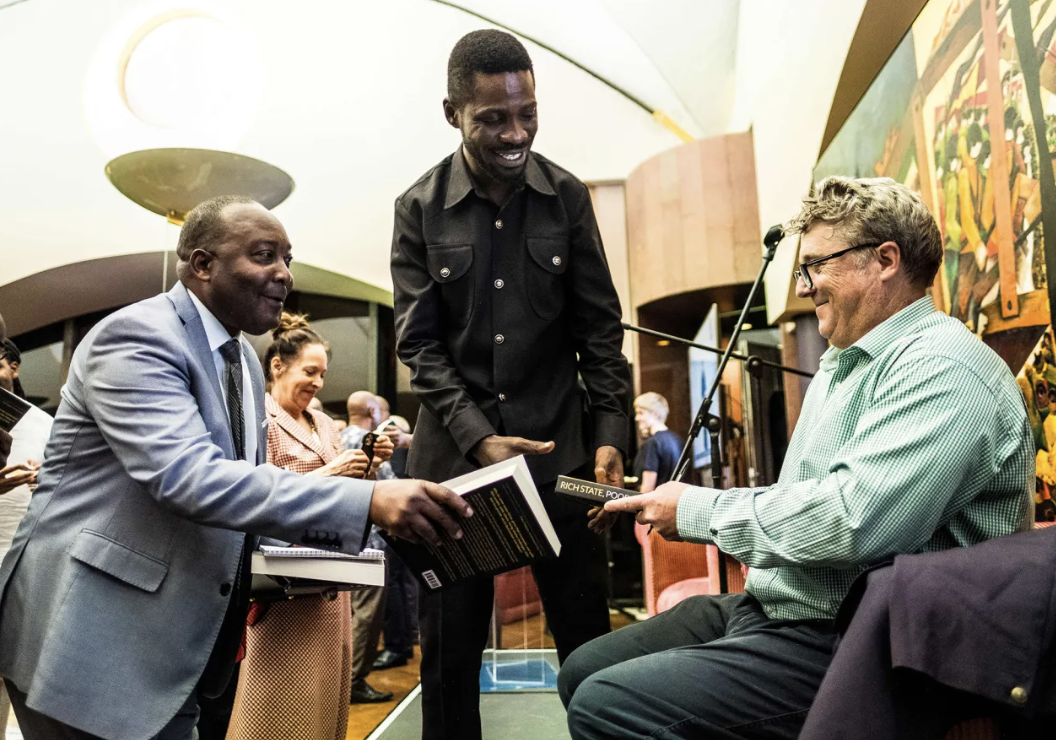News
Our Sense of Togetherness is in Decline and World Upheaval is Likely to Worsen Before it Improves
The world is becoming increasingly dangerous and polarised – do we have a system to rectify this?

On the morning of Saturday 7 October, Israelis woke to the harrowing news that Hamas forces had entered Israel, leaving many to ask the obvious question: How did this happen?
Few would have thought that Saturday’s events were possible. The small Middle Eastern nation, home to fewer than 10 million people, has since invoked Article 40 Aleph which sees the country declaring war for the first time since the 1973 Yom Kippur War. At the time of writing, all signs point to a Gaza offensive spearheaded by the Israeli Defence Force (IDF), while tensions remain high on the northern border with Lebanon.
In many ways, seismic developments of this scale have become commonplace in today’s world: In 2022 Russia commenced its full-scale invasion of Ukraine, making it the largest conflict in a European country since World War 2, and less than a year prior to this, in August 2021, we witnessed the dramatic and abrupt withdrawal of US and allied forces from Afghanistan, bringing an end to a 20-year campaign and returning power to the Taliban.
Why have we witnessed such dramatic events in such a short space of time, and what do they reveal about our collective ability to prevent future crises?
Since the end of the Cold War, we have relied on the liberal rules-based order to keep the world on the straight and narrow. At the spearhead stands the US – the global policeman that champions human rights and democracy with the support of the European Union and other Western allies.
Multilateral organisations such as the United Nations (UN) transcend national boundaries to maintain global peace and security, whereas the World Bank and International Monetary Fund (IMF) champion sustainable growth and prosperity for countries, irrespective of their size.
The system, while not perfect, created a sense that together as a global community, we were moving forward.
Tremendous upheaval
That system and sense of togetherness have been in decline, however, and we find ourselves in a world where there is tremendous upheaval.
The figurehead in the form of the US has been in the throes of a toxic and polarising political battle ever since Donald Trump was elected president in 2016. The extremes on both sides of the aisle have since gained momentum, further weakening the centre ground.
We shouldn’t be surprised that Americans are split between a foreign policy of isolationism versus internationalism, or that the leading candidate in the 2024 Republican primary polls is none other than Donald Trump.
The UN has also seen its credibility wane.
“Why do the decisions of the Security Council remain in their overwhelming majority sheer certificates attesting violations?” asked the former Cypriot President Nicos Anastasiades, highlighting the fact that despite an overwhelming majority of UN members choosing to condemn Russia’s invasion of Ukraine, and calling for its withdrawal, there has been no action from the body.
Institutions such as the World Bank and IMF have also been criticised for their neglect of the Global South, thus giving rise to the expansion of the BRICS group – a motley crew of emerging powers, theocracies and autocracies.
The liberal international order which came to dominate global affairs in the aftermath of the Cold War is now undergoing a period characterised by infighting, factionalism and an abdication of the very rules which underpin it.
According to Freedom House, a US-based organisation which advocates for democracy and human rights, global freedom declined for the 17th consecutive year in 2023.
Meanwhile, Transparency International’s Corruption Perceptions Index argues that most countries are struggling to stop corruption, a phenomenon which has been both a cause and result of the deterioration in global peace.
What does this all mean?
With the deterioration of the liberal international order comes an array of worrying trends: malign forces expand, crises worsen and the capabilities of systems and actors to address them weaken.
Afghanistan in 2021, Ukraine in 2022 and Israel in 2023 are three examples which illustrate this. How do we view the evolution of other crises against the backdrop of this reality?
Yemen remains one of the world’s worst humanitarian crises as the nine-year civil war continues. Ethnic and militant groups battle it out in the eastern reaches of Democratic Republic of the Congo which has been plagued by conflict since the 1990s. And Libya remains a failed state exploited by extremist groups such as Ansar al-Sharia and the Islamic State.
What about issues of climate change or migration? The world is currently on track to breach the 1.5°C warming threshold, a key benchmark in the fight against climate change, the UN has reported.
Record numbers of displaced persons were also recorded at the end of 2022, increasing by a record 19 million to reach a total of 108 million.
All of these are likely to worsen before they improve.
Turning this around and ensuring that today’s crises can be successfully resolved requires the reconstruction of the rules-based, liberal international order such that it is credible and effective. This would require countries such as the US to fix their domestic issues.
The argument for this was perhaps best articulated by the former president of the Council on Foreign Relations, Richard Haass, who published a book titled, “Foreign Policy Begins at Home: The Case for Putting America’s House in Order”. It means making democracy work for ordinary citizens and supporting countries where democracy yearns to grow, thereby making it more attractive than the often violent alternative.
Bringing countries from the Global South into the international fold by giving them greater agency diminishes the likelihood that they will align with countries or blocs who seek to undermine the system rather than support it.
Failure to do so will lead to more crises falling through the cracks – and one morning we will wake up and ask ourselves: How did this happen?
This article originally appeared on the Daily Maverick
Photo: Wikimedia Commons



